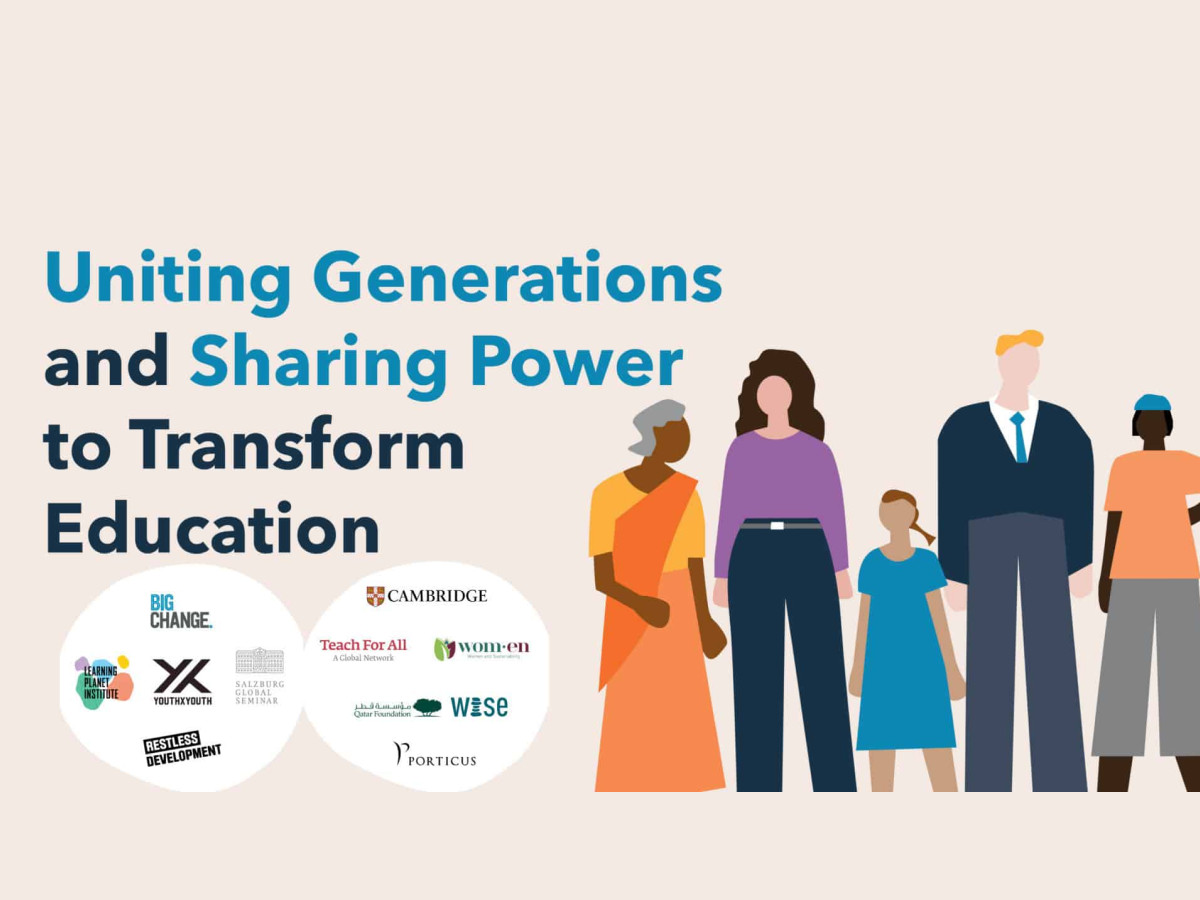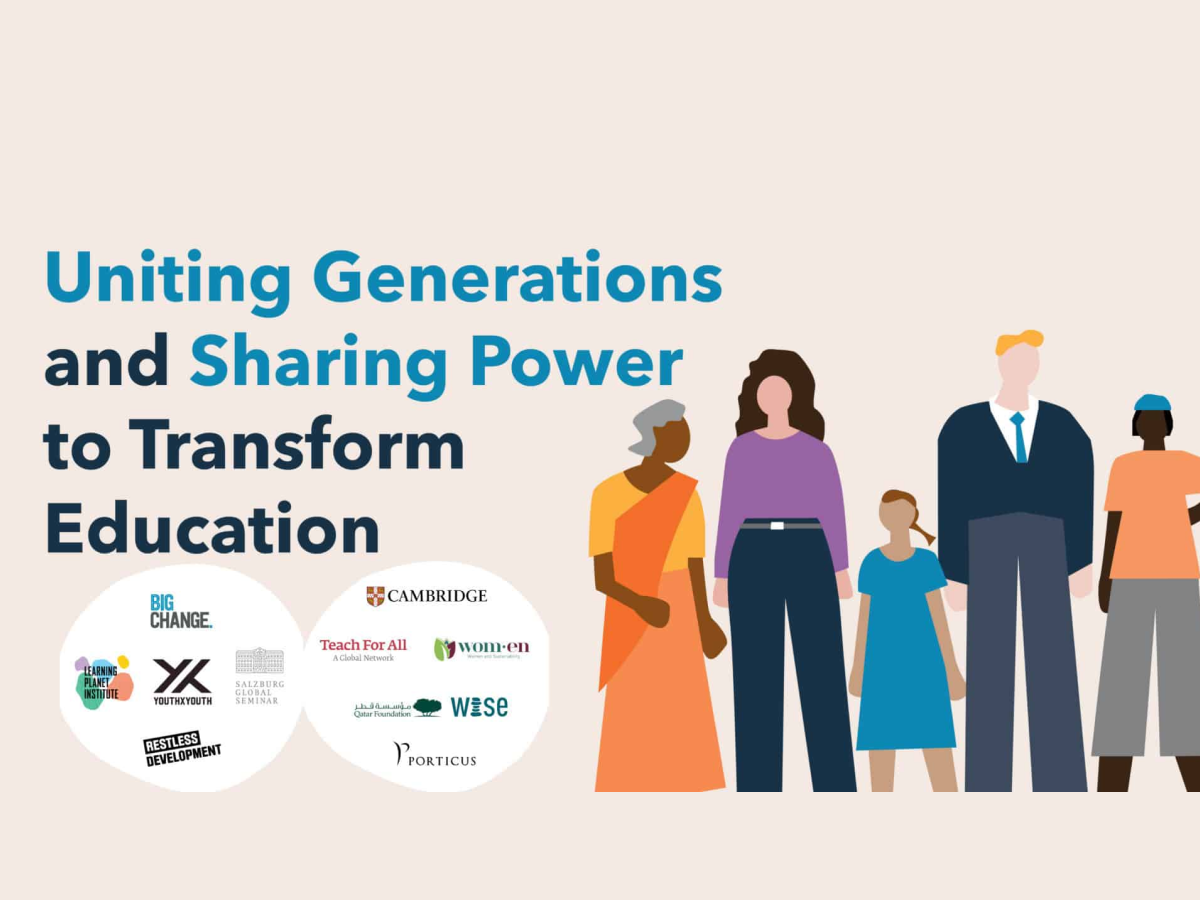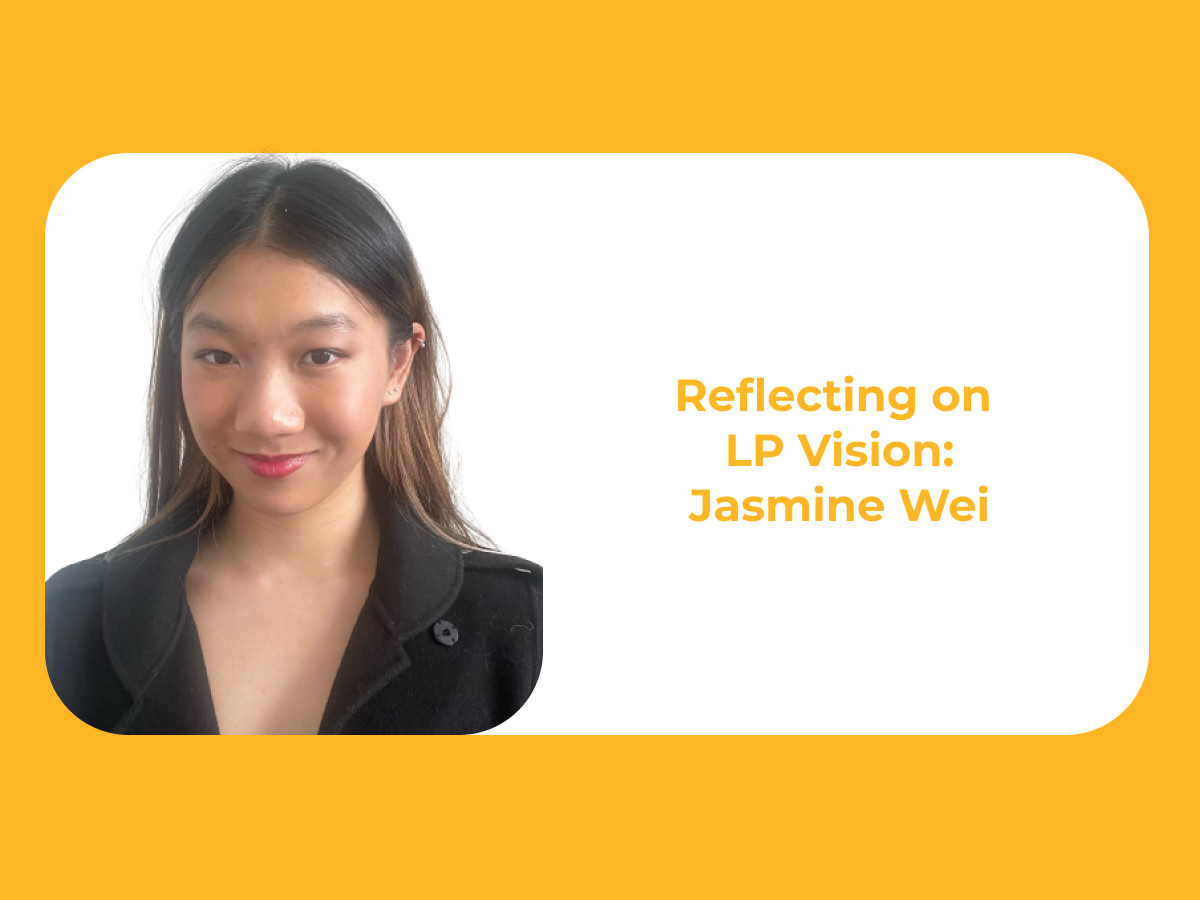François Taddei, Director of the Learning Planet Institute, INSERM researcher, professor at the University of Paris, upcoming book Game Changing: Together Solving the Challenges of our Time, published by Calmann-Lévy, January 2022.
For the 26th year in a row, the COP came and went, and to no avail. Same story as ever: too little too late, or in the words of Greta Thunberg, a “two-week long celebration of business as usual and blah, blah, blah” and “a global-north greenwash festival.” As marked by the young activist’s words, at the very least there was more representation from youths this time around. In the face of climate change, declining biodiversity, unequal gender parity, persistent racial discrimination, economic inequality at all-time highs, and on and on, young people at the summit were caught between hope for what could be and frustration with the process. Part of that frustration comes from the fact that young people are voiceless without the vote, and even if they could vote, global governance isn’t robust enough to guarantee the changes they’re demanding.
Saving Our Children’s Future
Is it beating a dead horse to say our children face a bleak future? In February 2020 when the pandemic was beginning to rear its ugly head internationally, a commission comprising UNICEF, the WHO, and medical journal The Lancet published a report entitled “A future for the world’s children?” about challenges our children face in future. The indictment in the report was clear: “No country is doing enough. The health of children everywhere is at risk.” It’s not only climate change that threatens our children’s futures, but addiction to fatty foods and technology fueled by predatory marketing, lack of access to health care, the list goes on. In the words of WHO Director-General Dr. Tedros Adhanom Ghebreyesus, “This report shows that the world’s decision makers are, too often, failing today’s children and youth: failing to protect their health, failing to protect their rights, and failing to protect their planet.” The report ends with a call to interpret the UN’s 17 Sustainable Development Goals through the lens of children’s rights. As it just so happens, the UN’s World Children’s Day is November 20th.
Since February 2020, the pandemic has taken a bad situation for children and made it worse. Equitable access to health care is more difficult than ever; child marriage is on the rise as is physical, psychological, and sexual violence against children; and more kids are dropping out of school and joining the ranks of the child-labor force. Young girls are especially at risk of leaving school, either by being taken out to help out with work at home or being forced out due to unwanted adolescent pregnancies. To add to the list of grievances, the recent Sauvé Report in France found that, in the past 70 years, French clergy abused more than 200,000 children, news outlets have no shortage of revelations of sports governing bodies covering up physical and sexual abuse of child athletes, and we’re still only scratching the surface of the list of dangers to our children.
The situation is so overwhelming, perhaps it’s better to just throw in the towel. Yeah, right! Obviously, that’s not an option, but what can we do to truly make the world better for children? First, it takes raising awareness—on a global scale. Children and their families need to know their rights, and people who jobs involve working with children need to know how to recognize signs of child abuse and report it as early as possible. From there, children who have suffered abuse need to be able to access counselling, and those counsellors need access to resources. On the perpetrator side, justice must be served to punish abusers and sanction organizations and institutions that have covered up those abuses. Finally, as a society, we need to learn more about the effects of childhood trauma and foster more empathy for those whose lives have been compromised by a harmful home environment outside of their control. To give you an idea of just how serious childhood trauma can be, Scientific American has reported that a difficult childhood can reduce life expectancy by 20 years.
Twenty-five years ago, a study written in partnership with the US Center for Disease Control (CDC) formalized a way for gaging childhood trauma called the Adverse Childhood Experiences or ACE score. The study found that people with high ACE scores were more at risk of serious issues once they reached adulthood: three times more likely to develop a heart or respiratory disease, four times more likely for diabetes, five times more likely for depression, and twelve times for becoming suicidal. The social and health costs of ACEs are estimated in the hundreds of billions of dollars annually and, as the common wisdom goes, “like father like son,” people who experience ACEs as children are more likely to repeat abusive behavior on their own children. Fortunately, there’s hope. ACEs are preventable; the cycle of violence can be broken so long as we as a society become sensitive to the needs of those who have suffered ACEs and provide them with the tools they need to recover. By doing so, we’re not only helping people live more fulfilling lives in the present, we’re also stopping intergenerational cycles of violence in their tracks.
Children Want to Help Shape the World’s Future Today
Doing right by our children is not just a legal obligation but an ethical one as well. School and family teach children how to live in the world and become independent, but, as times change, the old of way of raising kids no longer meets the needs of children today. Children are aware that the planet on which they hope to have a future is being destroyed, and in that way they’re eager to be heard in the political process. We need to help them in that effort and mobilize our knowledge and resources to develop new ways of educating kids.
As children are clamoring to be given more voice in the political process, we find that young people of voting age are turning away from the ballot box. But it’s not as though they’ve checked out as citizens. Just look to the mass demonstrations of Fridays for Future, Black Lives Matter, and more. It’s not that they’re indifferent to political issues, rather it’s that politics as usual doesn’t grasp their needs. Young people don’t buy the old rhetoric that they should vote because voting is a civic duty. They vote when they feel their vote can truly effect change, and they’re less interested in the classic economy vs welfare debates; they want to see cultural change and a healthier planet. If they feel their issues aren’t represented at the ballot box, they channel their energies more productively through protests and grassroots initiatives. For anyone thinking low voter turnout among youths is a sign of regression, open your eyes. It’s the opposite. Democracy today needs to make room for today’s youths and find ways to give them the reins to be movers and shakers in global politics.
In short, we need to take young people seriously. The work of UC-Berkeley professor of psychology Alison Gopnik has shifted the paradigm by showing that children are in effect tiny scientists, hypothesizing and conducting experiments to understand their surroundings, and this with remarkable creativity. Despite efforts by well-meaning teachers and community organizations to devise ways to get young people involved in the political process, the system does not take them seriously, giving way to disillusionment and resentment.
Nicolás Brando, a fellow at the Centre for Children’s Rights at Queen’s University-Belfast, has written about how the logic used against lowering the voting age is the same logic used in bygone eras to keep women, the poor, and minorities from getting the franchise. The logic goes that group X is unable to make informed decisions because members of that group lack either sound mind or real-world experience, are susceptible to manipulation, and risk offsetting the democratic balance. No matter where you fall on the issue, ask yourself this: at what age do we become citizens, biologically speaking? In some countries the voting age is as high as 21 while it’s as low as 16. What if the right to vote were granted at birth and our parents functioned as custodians of that right until we felt capable of understanding the issues and voting ourselves?
In the same way that today’s young people go above and beyond the vote to effect change, we can likewise develop commissions or other bodies to would provide children a loudspeaker with which they can weigh in on issues in an impactful way. The UN’s Declaration of the Rights of the Child recommends as much in its precept that “the Child must be brought up in the consciousness that its talents must be devoted to the service of fellow men.” We’re not talking about giving children the keys to the world’s democracies; it’s simply about holding up their end of the democratic bargain. We’ve ratified a declaration on children’s rights, so why aren’t seeing to it that every tenet is followed to the letter? Indeed, let’s show young people our trust in them by giving them a voice in the major global initiatives of our day, bearing in mind that we’re not just talking about wealthy European children but indeed all children from all backgrounds. In the meantime, the place to get started is in the classroom. Young people have a vision for tomorrow and demands for today in order to carry out that vision. They’re eager to be heard, and if we want a future that spells hope and not disaster, it’s time we started listening to and learning from them.
What if the coming generation was the first ever to be truly global citizens? The ancient Greeks established citizenship at the level of the city-state. The Enlightenment broadened it to the nation-state (without recognizing the rights of women, foreigners, minorities, and young people). Isn’t the logical next step citizenship at the global scale? Women won the right to vote in the 20th century; in the digital age of the 21st century, it’s time for young people to reclaim the Enlightenment to make it more inclusive and healthier for the planet. In order to deal democratically with global issues, we need a global grassroots system, one whose roots reaching all the way down to our smallest citizens, children and young people, to make sure they have a voice.
What if we work with young people to shape what it means to be a truly global citizen?
This article was originally published by The Conversation



